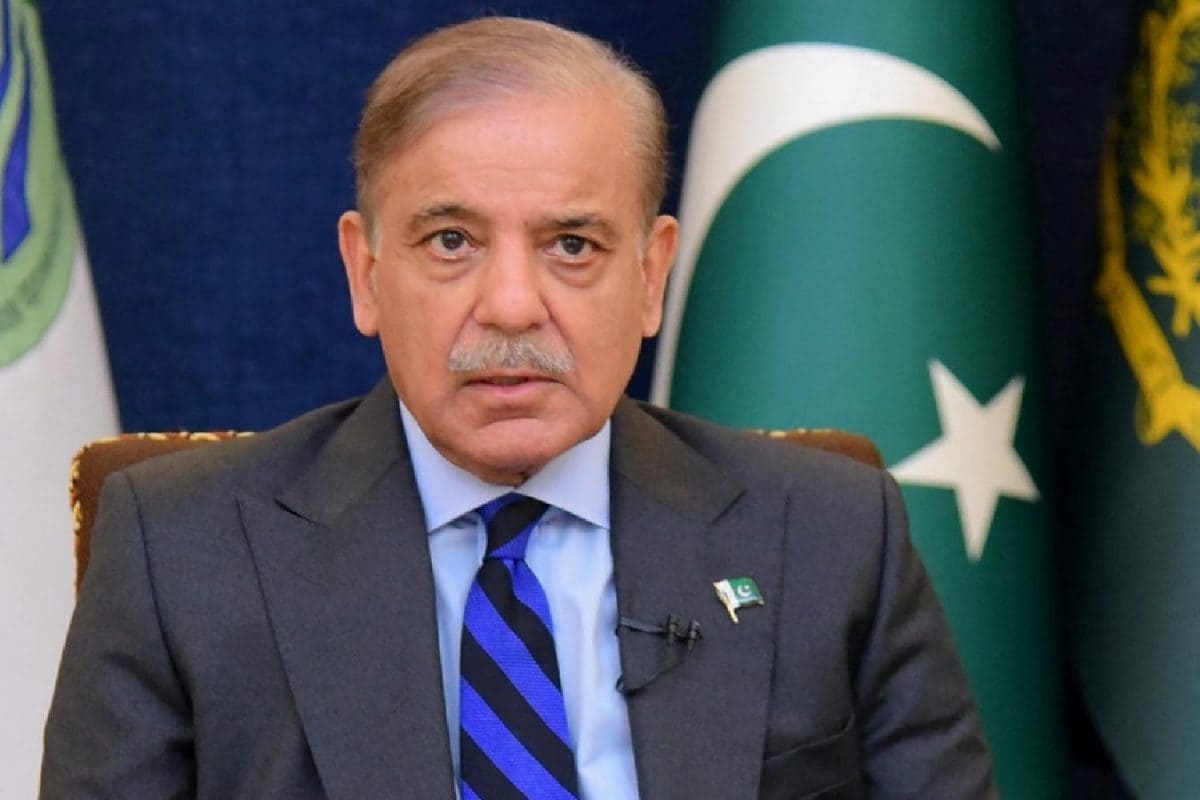

Amidst recent tensions, Pakistan's Prime Minister Shehbaz Sharif has expressed his country's readiness to engage in peace talks with India. This announcement follows a mutual understanding reached on May 10th to halt all military actions after days of cross-border conflict.
The recent escalation in tensions was triggered by a terrorist attack in Jammu and Kashmir's Pahalgam, which resulted in the deaths of 26 civilians. The Resistance Front (TRF), an offshoot of Lashkar-e-Taiba, claimed responsibility for the attack. In response, India carried out precision strikes, dubbed "Operation Sindoor," targeting terrorist infrastructure at nine locations in Pakistan and Pakistan-occupied Kashmir (PoK). This was followed by a military face-off involving drone and missile strikes.
Sharif, while addressing officers and soldiers at the Kamra air base in Punjab, stated that Pakistan is prepared to discuss peace with India, but emphasized that a resolution to the Kashmir issue is a condition for lasting peace. He stressed that Pakistan desires peace, development, and prosperity in the region but is also fully prepared to defend itself against any aggression. He was accompanied by key figures including Deputy Prime Minister Ishaq Dar, Defence Minister Khawaja Asif, Army Chief Gen Asim Munir, and Air Chief Marshal Zaheer Ahmed Baber Sidhu.
India has maintained a firm stance, asserting that Jammu and Kashmir, along with Ladakh, are integral parts of the country. External Affairs Minister S. Jaishankar reiterated that any discussions with Pakistan would be strictly bilateral and focused on terrorism. He stated that India wants Pakistan to dismantle terrorist infrastructure and hand over a list of terrorists. Jaishankar also pointed out that the only thing to be discussed regarding Kashmir is the vacation of illegally occupied Indian territory in Pakistan-occupied Kashmir. He also implied that the Indus Waters Treaty would remain suspended until cross-border terrorism credibly stops.
Despite the ceasefire understanding, Pakistan reportedly violated it within hours of the agreement. However, both countries have agreed to continue with confidence-building measures and reduce alertness levels along the border. Pakistan's Foreign Minister Ishaq Dar claimed that the ceasefire extension until May 18th was agreed upon during a hotline call between the Director Generals of Military Operations of both countries. The DGMOs also agreed to consider steps for troop reduction from the border and forward areas and to refrain from any aggressive behavior.
The situation remains complex, with India insisting on addressing terrorism as the primary concern and Pakistan linking peace talks to the resolution of the Kashmir issue. While Sharif's offer for dialogue could signal a potential diplomatic shift, the differing preconditions suggest that a breakthrough remains challenging.